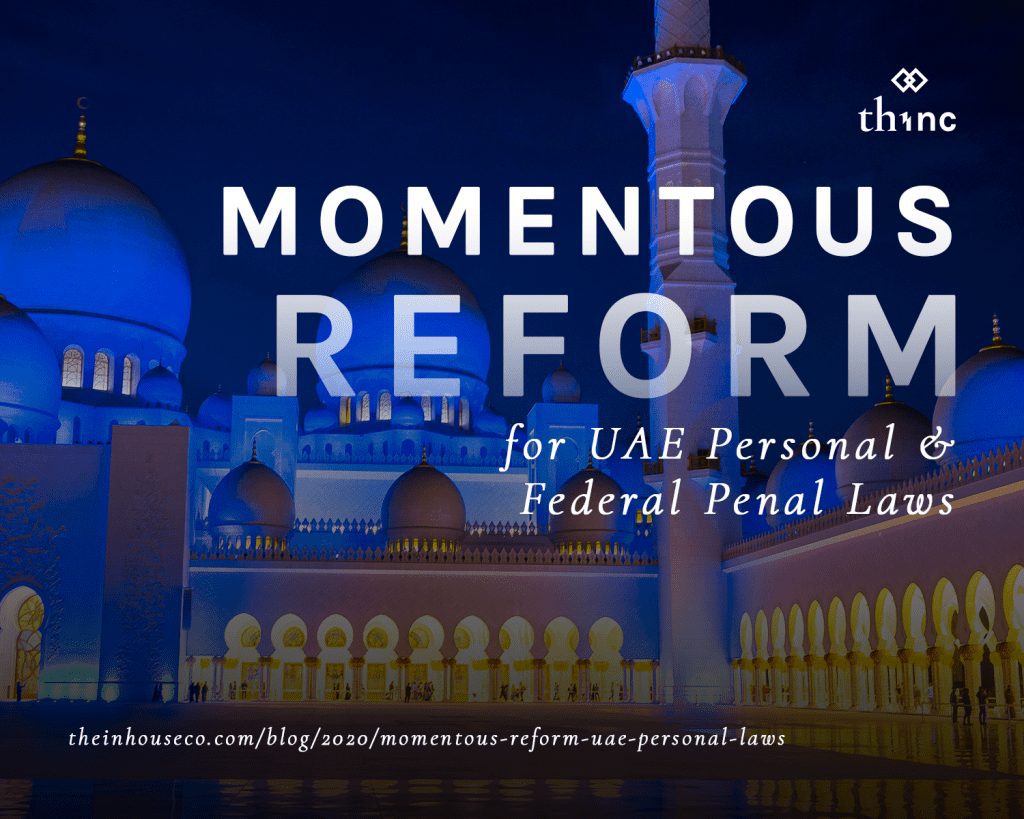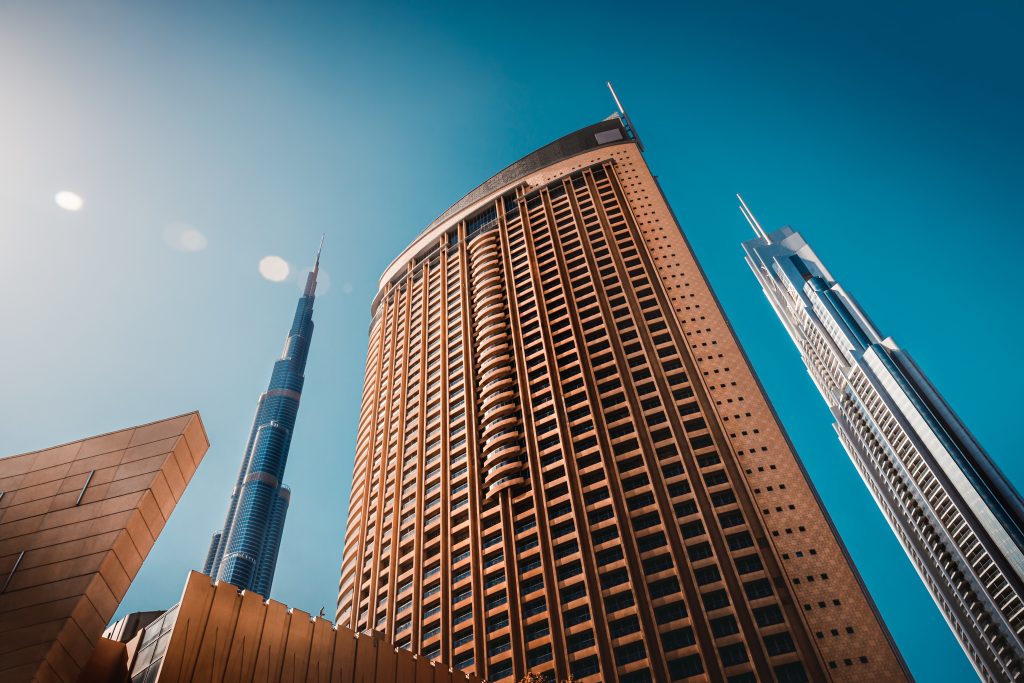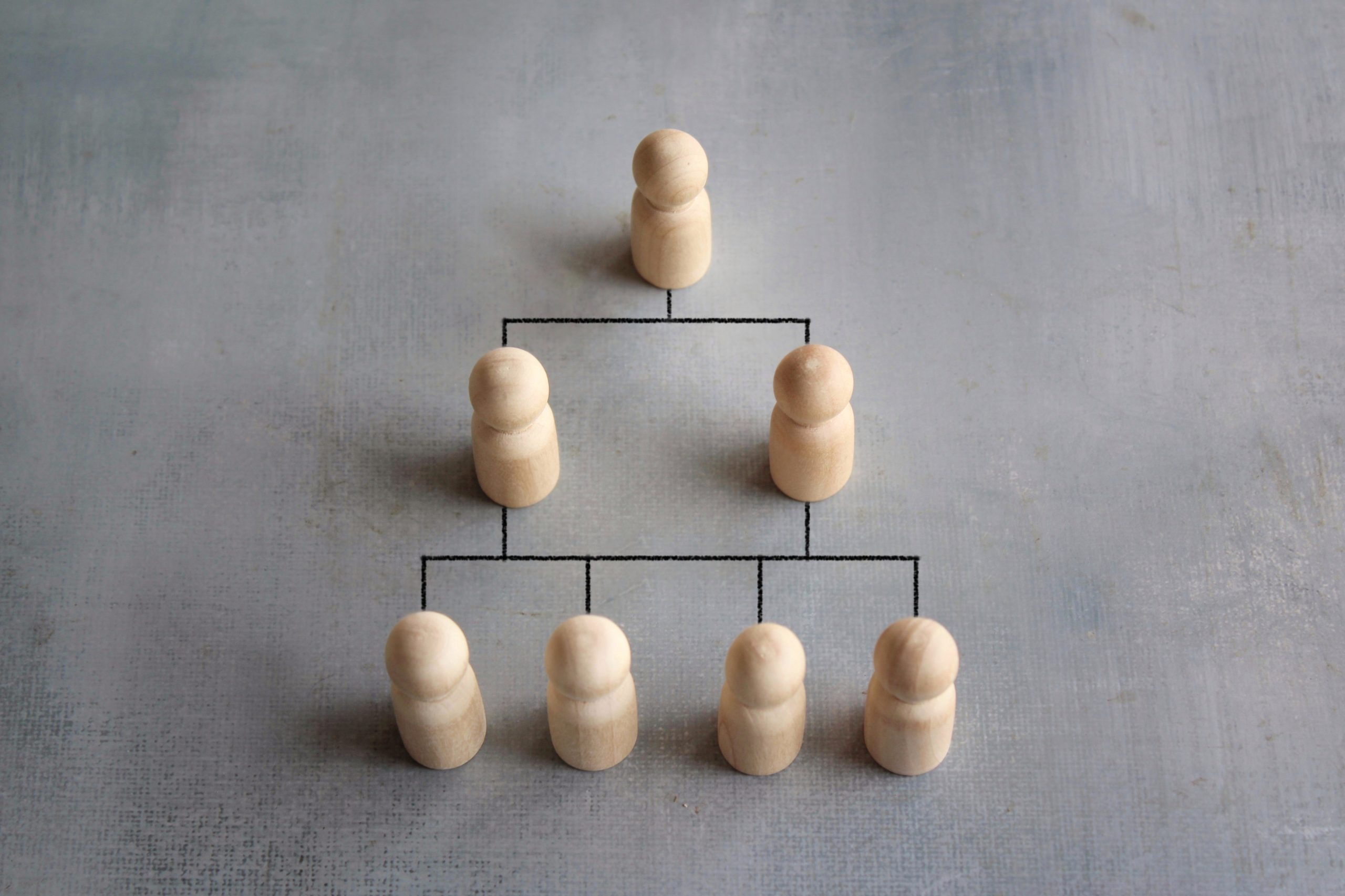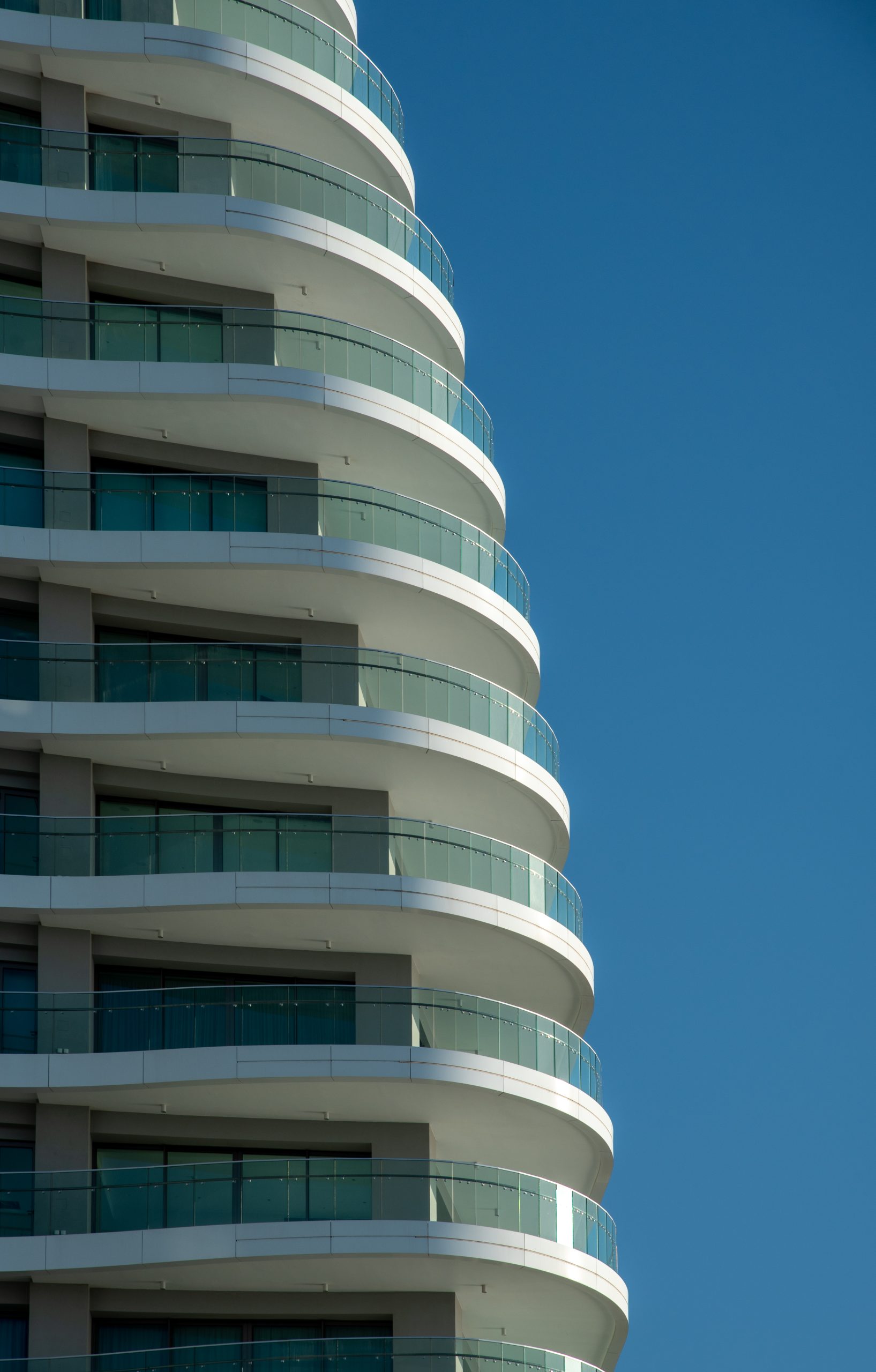
In line with its vision to rise to the status as a premier destination for foreign investment and encourage long term residence for expatriates, the UAE has taken a progressive step through the enactment of significant amendments to its Personal Status Law, the Federal Penal Code and Federal Penal Procedural Law (to be effective immediately).
With the expatriate population far exceeding that of the local Emirati population (the ratio amounting to roughly 9:1), the UAE has employed extraordinarily tolerant measures to make the country a more attractive place to stay for the longer term. This relaxation of Sharia law to allow for greater personal freedoms covers the areas of divorce and separation, inheritance, the division of wills and assets, alcohol consumption, suicide and the concept of ‘Good Samaritans,’ harassment and assault, the protection of women and judicial procedure.

These sweeping changes now enable the applicability of an expatriate’s native country’s laws with regards to personal matters such as divorce proceedings, inheritance, the stipulation of wills and division of assets all of which had previously been governed by Sharia Law. Although, wills that are pre-existing are to be upheld and respected as the real estate assets held in the UAE which they cover are not affected. However, questions arise regarding institutions such as the Dubai International Financial Center Wills Service, and how valid or useful its service will be. Presently, the answer lies in the fact that changes have been publicized only in the past few days and it is yet to be seen as to how to put them to practice. Presumably clarity will come with time and the reporting of information in the media.
A number of other amendments were outlined, relating to alcohol consumption, judiciary procedure and decency laws among others which add greatly to the progressive nature of the UAE bringing it into closer alignment with western nations.
The UAE has been making pivotal decisions in an effort to boost its international presence and reputation, which was often negatively perceived due to its longstanding and arguably ‘draconian’ laws. Previously punishable by prison time, suicide and attempted suicide have been decriminalized under these amendments with vulnerable individuals to be referred to treatment institutions and provided with mental health support. However, individuals deemed to have participated or aided an individual in carrying out self-harm or suicide, will face unspecified jail time. A fundamental change has been the cohabitation of unmarried individuals being decriminalised allowing the UAE to be an attractive place for ‘western’ cultured individuals.
Portrayed in the international media as a fundamentally patriarchal society, with questions and condemnation on the UAE’s treatment and lack of efforts to protect women, the new laws now focus on reversing this viewpoint by imposing strict penalties on harassment and assault. Possibly the most important amendment regarding this is the abolishment of the distinction of ‘honor crimes’ which would previously induce a lesser sentence for male relatives if females were assaulted for dishonoring the family or an action taken to protect the honor of the family. These crimes will now be considered similar to any other assault and prosecution for murder is also possible in this category. Tougher punishments have been put in place for men who subject women to harassment of any kind and also it has been rightly recognised that men can in fact be victims to crimes of this nature as well. Rape of a minor, or sexual engagement with a victim under the age of 15, male or female, shall be punishable by death for the perpetrator (with the age of consent set at 15). Despite Arab inherent family values, the enforcement of these laws is expected to create a domino effect for neighboring nations.
A number of other amendments were outlined, relating to alcohol consumption, judiciary procedure and decency laws among others which add greatly to the progressive nature of the UAE bringing it into closer alignment with western nations. The leniency with alcohol consumption and removing the requirement of an alcohol license will have an overall positive effect on the severely crippled hospitality industry which has always been one of the UAE’s stalwart attractions.
Questions remain as to how long it will take for these laws to be officially publicized and their enforcement throughout the nation. Moreover, the acceptability of these changes has yet to be discerned as UAE finds itself once more in a fine balancing act with modernity versus local culture, traditions and beliefs.















